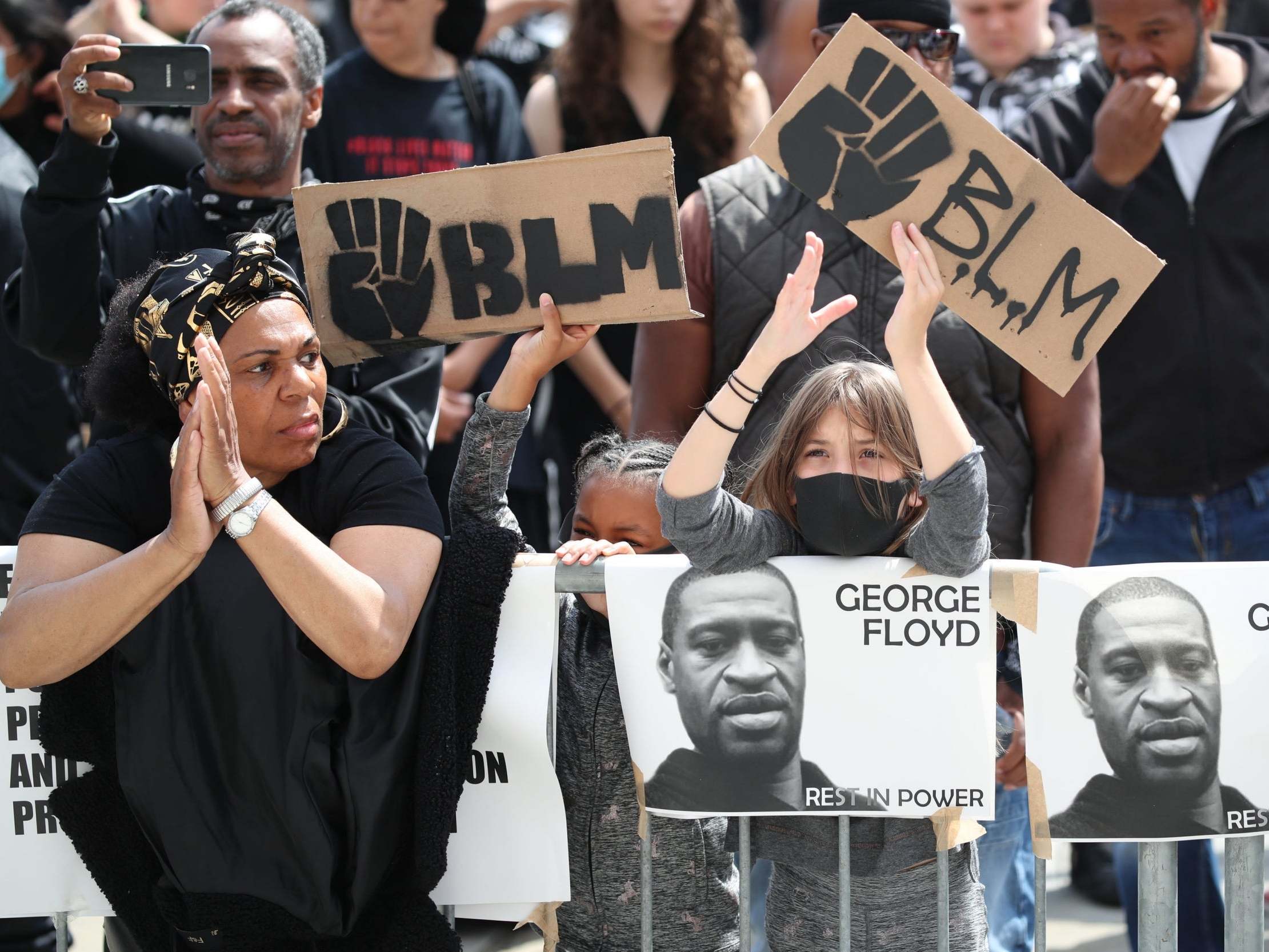Look behind the ‘lockdown’ cliches and you’ll see what really scares Boris Johnson about coronavirus
An infantilised society will not be able to imagine a new future, nor answer the demands of future generations of society of every origin which – far from being ‘distanced’ – must be socially united, writes Robert Fisk

Please God, let us be free of the cliches as well as the virus. I might believe in the “second wave” – now a cliche in itself – but a second wave of cliches will surely diminish our language, our semantics, our very means of communication.
I’m not just talking about “absolutely”, “totally” and “completely” – always followed by the word “clear” – but the very use of that most abhorrent and repulsive of words which has since been adopted in the most slovenly of ways by every government spokesman, scientist, doctor and, of course, journalist: lockdown.
We are now so used to this word in the Covid-19 context that it has become a punctuation mark. Sure, we know that its origin was American: to describe the locking of prisoners into their cells after a jail riot. The first journalistic use of “lockdown” (to describe the prolonged incarceration of convicted inmates) came in a Los Angeles newspaper in 1973, although my own 1989 US Webster’s Ninth New Collegiate Dictionary makes no mention of it.
Subscribe to Independent Premium to bookmark this article
Want to bookmark your favourite articles and stories to read or reference later? Start your Independent Premium subscription today.
Join our commenting forum
Join thought-provoking conversations, follow other Independent readers and see their replies